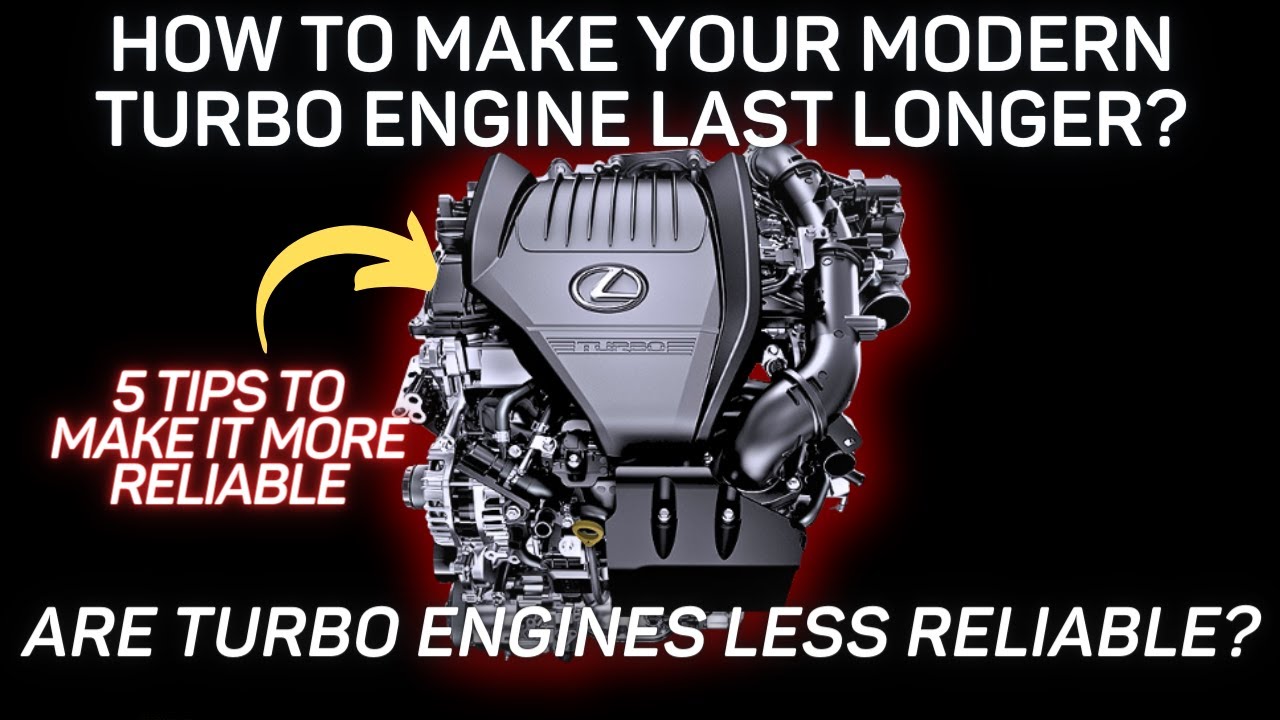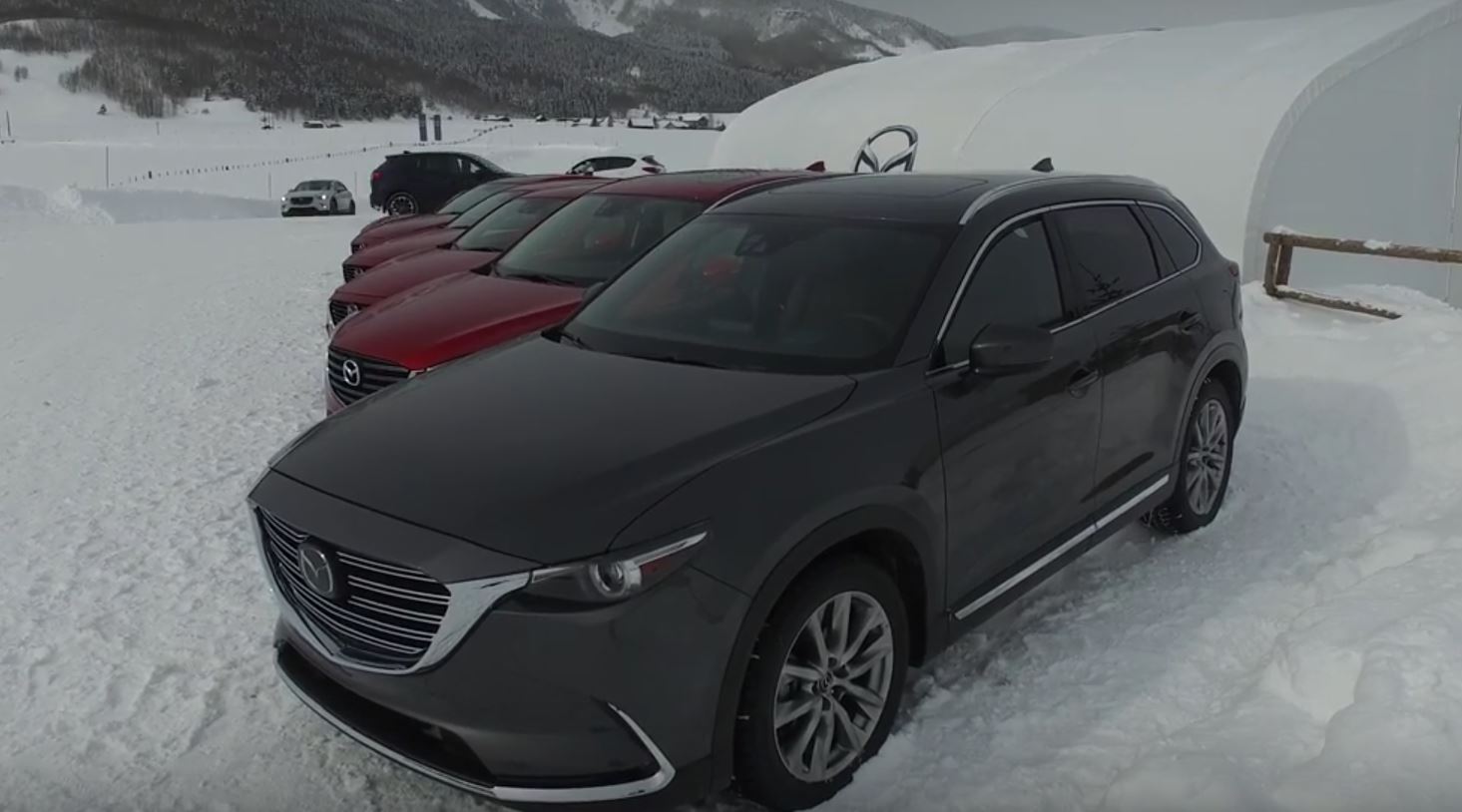- :
- 2023 CX5 turbo
x100..... heck or me really what i the difference if it last 200,000 or 220,000 in the grand scheme of things. Life is too short to not have a turboYeah, so maybe we shouldn't take what they say as gospel.
x100..... heck or me really what i the difference if it last 200,000 or 220,000 in the grand scheme of things. Life is too short to not have a turboYeah, so maybe we shouldn't take what they say as gospel.
Well watch the last few minutes of the video made by a Toyota Master Tech on how to treat a turbo and make it last -- I wont bog you down on the details of why he says NOT using Premium fuel in a turbo which takes premium will eventually destroy it ( as we know compression in the Turbo CX5s was lowered from 13-1 in NAs to 10 in Turbos mainly due to the boost in compression once the turbo does kick in bringing it back up into the the 13-1 area ,,which if not lowered would blast the thing apart --take that into consideration when watching the reason why the premium fuel and detonation with a turbo is CRUCIAL ) ....watch from 17:15 minutes to 19:00 minutes at the very end and listen to his explanation - Which I have heard before and agree with -- no dog in this hunt as I have an NA -- but I hope that it helps ?You are saying using 87 octane in the 2.5T will "destroy" the motor? LOL. I have been running 87 in my 2.5T 90% of the time, and it runs perfectly. All turbo's burn oil? Mine hasn't burned a drop in 23k. I had a 323GT with a 1.6T back in the 80's which also didn't burn oil in all the years I had it (88-95). Sure, some turbo's do burn oil and many manufacturers will allow 1qt for 1k as "normal" for oil use. Not in my experience....

It isOh OK. For some reason I alway thought the current 6-speed SkyActiv-Drive automatic transmission is developed in house by Mazda.

This has been addressed many times as Mazda designed the turbo engines to perform on either premium or regular fuel. Using a low octane fuel in any engine designed for premium runs the risk of detonation.Well watch the last few minutes of the video made by a Toyota Master Tech on how to treat a turbo and make it last -- I wont bog you down on the details of why he says NOT using Premium fuel in a turbo which takes premium will eventually destroy it ( as we know compression in the Turbo CX5s was lowered from 13-1 in NAs to 10 in Turbos mainly due to the boost in compression once the turbo does kick in bringing it back up into the the 13-1 area ,,which if not lowered would blast the thing apart --take that into consideration when watching the reason why the premium fuel and detonation with a turbo is CRUCIAL ) ....watch from 17:15 minutes to 19:00 minutes at the very end and listen to his explanation - Which I have heard before and agree with -- no dog in this hunt as I have an NA -- but I hope that it helps ?

How To Make Your Modern Turbo Engine Last Longer | Are They Less Reliable?
A Master Automobile Technician Shares 5 Tips on Making Your Modern Turbo Engine More Reliable Long Term.In this video I share with you 5 tips to prolong the ...www.youtube.com
Well - Its sounds like you agree. ~ but with regards to the turbo , It does state that it can run on regular but there are many reasons they and other mrgrs state this -This has been addressed many times as Mazda designed the turbo engines to perform on either premium or regular fuel. Using a low octane fuel in any engine designed for premium runs the risk of detonation.
I'd recommend you watch this again, listen more carefully, and pay attention to the word "required."It appears few people watched the video from the Toyota Master Tech on TURBO chargers - possibly spend the 19 minutes and rebut his points , I would be interested in your pov-

How To Make Your Modern Turbo Engine Last Longer | Are They Less Reliable?
A Master Automobile Technician Shares 5 Tips on Making Your Modern Turbo Engine More Reliable Long Term.In this video I share with you 5 tips to prolong the ...www.youtube.com
ditto, I actually posted that in post 119 if people actually listen to what he says and not to what they want to hear....the higher octane for the turbo cx5 is only if you want an extra 30 hp and has nothing to do with anything else.I'd recommend you watch this again, listen more carefully, and pay attention to the word "required."
Mazda does not require premium fuel in its turbo engines as they are designed to run on either premium or regular. It appears that the information on this video is news to you, even though it doesn't apply to the Mazda turbos. For more correct information please consult your Mazda owners manual.
Also, as an aside it may interest you to know that Mazda has placed a sticker on the inside of my 2.0 naturally aspirated MX-5 fuel door stating PREMIUM RECOMMENDED, which I always use. Now don't you think Mazda would also adhere a warning on the fuel door of their turbo models if they required premium fuel? Of course they would, but guess what, there is no label.
So your point is there is NO difference in the effect on a Turbo engine whatsoever if you use regular gas over Premium ? I will stick with the master techs who overwhelmingly agree on the latter -I'd recommend you watch this again, listen more carefully, and pay attention to the word "required."
Mazda does not require premium fuel in its turbo engines as they are designed to run on either premium or regular. It appears that the information on this video is news to you, even though it doesn't apply to the Mazda turbos. For more correct information please consult your Mazda owners manual.
Also, as an aside it may interest you to know that Mazda has placed a sticker on the inside of my 2.0 naturally aspirated MX-5 fuel door stating PREMIUM RECOMMENDED, which I always use. Now don't you think Mazda would also adhere a warning on the fuel door of their turbo models if they required premium fuel? Of course they would, but guess what, there is no label.
you do not understand how your mazda 2.5T was designed.So your point is there is NO difference in the effect on a Turbo engine whatsoever if you use regular gas over Premium ? I will stick with the master techs who overwhelmingly agree on the latter -
You are free to use regular - Its nothing personal - We all know that massive corporations do different things for different reasons - A turbo must be able to run on regular gas based on fuel availability and sales , but again - Turbos are designed to run optimally on premium fuel for sound and proven engineering reasons , which are clear - You must do what you think is best --- Human beings can live on fast food too ....but how long and what organs give out faster ....just an analogy - motor on my friend !

This too and fro is getting a bit b****y here...So your point is there is NO difference in the effect on a Turbo engine whatsoever if you use regular gas over Premium ? I will stick with the master techs who overwhelmingly agree on the latter -
